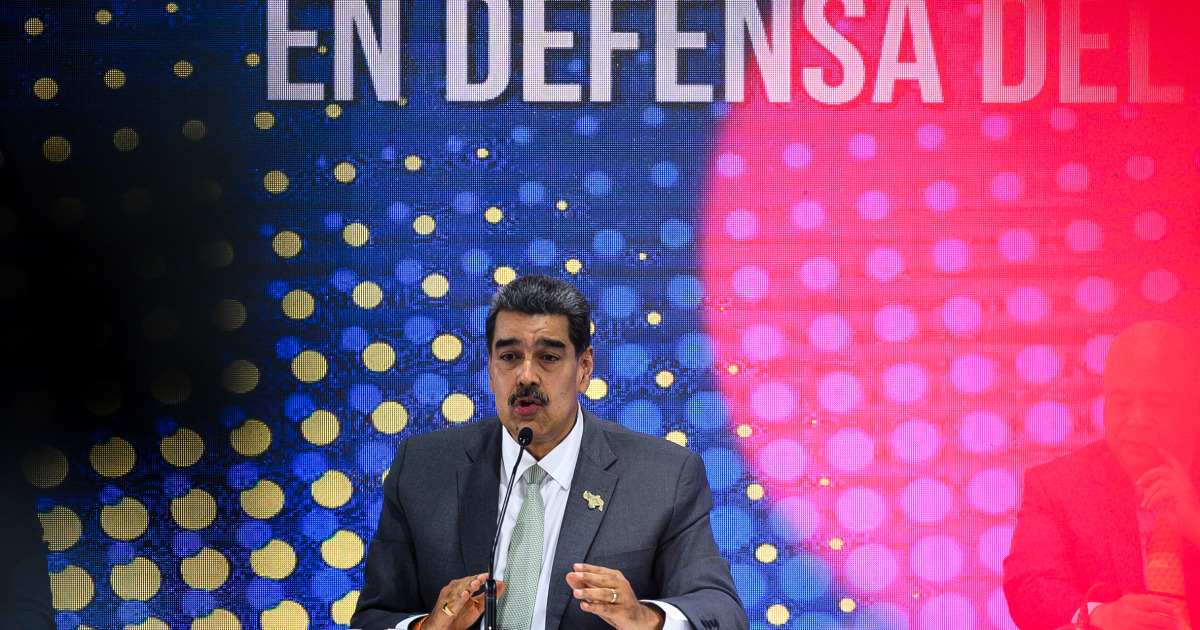CARACAS, Venezuela — Venezuelan President Nicolas Maduro said on Tuesday he would authorize oil exploration in an area subject to a dispute with Guyana, which said it would report his comments to the United Nations and the International Court of Justice (ICJ).
Maduro’s pledge to permit development around the Esequibo river came after his government held a referendum over the weekend where voters rejected the ICJ’s jurisdiction over the disagreement and backed creating a new state in the territory.
Though Maduro has repeatedly said the referendum is binding, the ICJ — whose overall ruling on the case could be years away — last week barred Venezuela from taking any action which changes the status quo in the oil-rich region.
State oil company PDVSA and state iron and steel maker CVG will create divisions for the disputed region, Maduro said.
The state companies will “immediately proceed to create the division PDVSA Esequibo and CVG Esequibo and immediately we’ll proceed to give operating licenses for the exploration and exploitation of oil, gas and mines in our Guayana Esequiba,” he said on state television.
Maduro also said he has proposed a law to the government-controlled legislature to create the new state, and companies already operating in waters in the area would have three months to leave.
Guyanese President Irfaan Ali said in comments later on Tuesday that Maduro was showing “blatant disregard” for the ICJ ruling.
“Guyana will be reporting this matter early in the morning. We will write the U.N. Security Council and the court,” Ali said in a national broadcast. “The Guyana Defense Force is on high alert … Venezuela has clearly declared itself an outlaw nation.”
He has already spoken to U.N. Secretary General Antonio Guterres, Ali said.
Venezuela reactivated its claim over the 160,000 square km (61,776 square mile) territory in recent years, after the discovery of offshore oil and gas. The maritime border between the two countries is also in dispute.
A consortium led by Exxon Mobil (XOM.N) began producing oil off Guyana’s coast in late 2019 and exports started in 2020.
Guyana, which is currently producing some 400,000 barrels per day of oil and gas, this year received bids for new shallow water and deep water blocks from local and foreign companies in its first international bidding round. The exploration licenses for those areas have not been signed.
Ali said investors in Guyana have nothing to worry about.
“Our message is very clear, your investments are safe,” he said. “Our international partners and international community are ready and they have assured us of their support.”
“Border issues are for governments and appropriate international organizations to address,” an Exxon spokesperson said in response to questions.
Analysts have said the vote was an attempt by Maduro to gauge his government’s support ahead of a 2024 presidential election.











